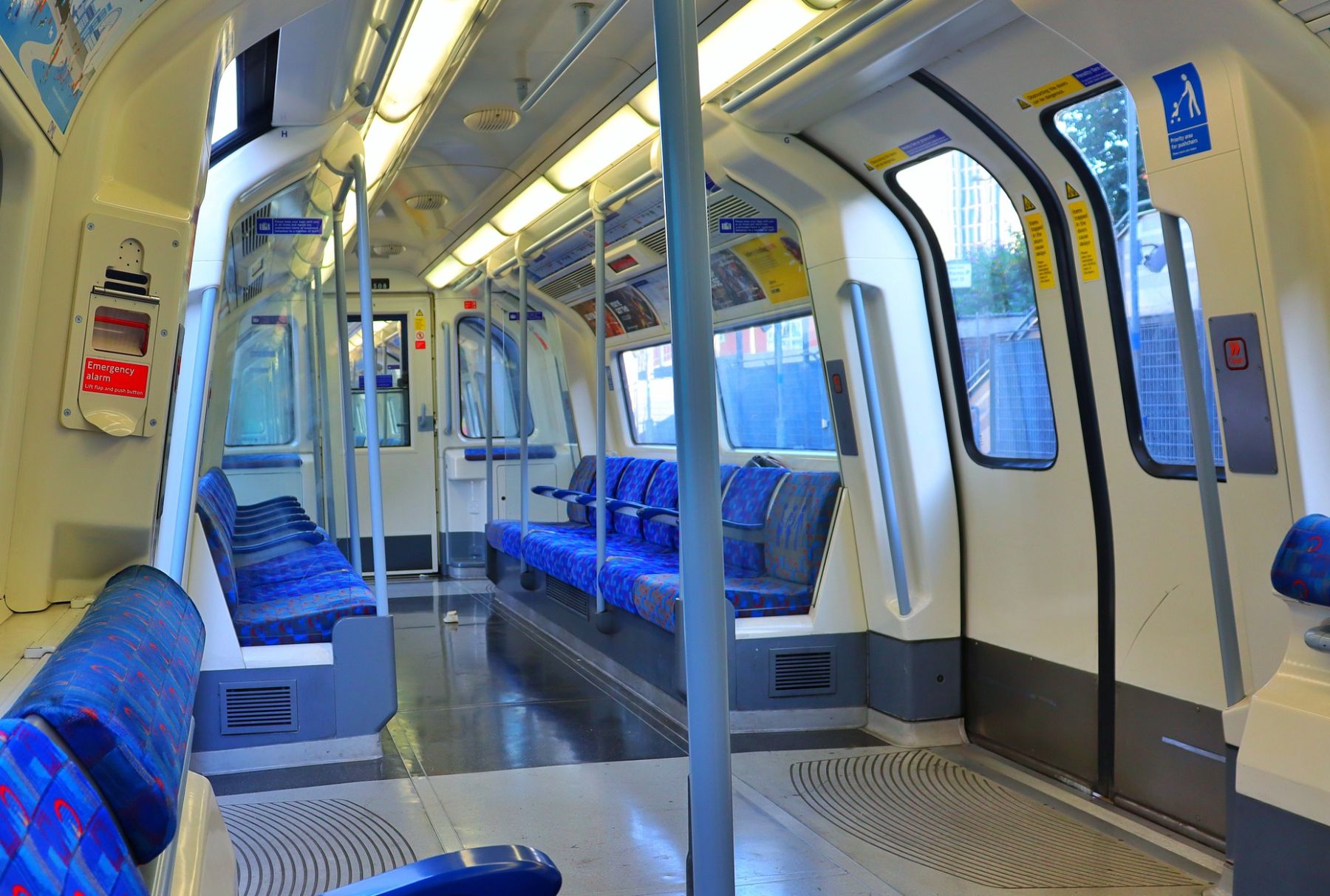Research Theme: Travel Behaviour
Developing a shift to sustainable future travel choices.
Developing a shift to sustainable future travel choices.
We are shifting demand towards sustainable modes of transport. We are encouraging smarter transport use.
We explore how people respond to travel demand management strategies. We investigate behaviour towards new technologies and transport developments. We investigate what drives sustainable transport behaviour, how economic, social and psychological effects interact in shaping individual choices; how habit and inertia, peers and attitudes affect shift to sustainable future travel choices.
We have unrivalled expertise in the use of transport information and its impact on behavioural change. We pioneer the use of new technology (virtual reality, eye trackers, psychometric measures, driving simulator) to deeper our understanding of the decision-making process.
Understanding people’s motivations decision process helps us to develop policies and schemes that meet user needs. It enables us to encourage a shift towards sustainable travel and to come up with ways in which people can make smarter use of transport.
Our research is highly interdisciplinary. We collaborate with economics, psychology, sociology, computer scientists, neuroscientists.

Information and communication
We have unrivalled knowledge of the design and dissemination of transport information. We understand how this can support sustainable travel options.
We study the connection between information and communication and the technologies in use. In particular, we examine:
- the impact of information and communication technologies (ICT) on behavioural change
- ICT’s relationship to the shift toward sustainable mobility
- the impacts of informational conformity on behavioural change
Innovative transport modes
We pioneer the research on the adoption of innovative transport modes, in particular (but not limited to) electric and autonomous vehicles. In particular, we investigate:
- how attitudes and social norms affect individual preference for electric vehicles and willingness to pay to save travel time and other characteristics.
- how trust in technology affect individual preference for autonomous vehicles and willingness to pay to save travel time, improve safety and other characteristics.
- how direct experience with the innovation affect the decision to shift to the innovative transport system.
We pioneer new methods to forecast the diffusion of innovative transport modes and assess its benefits.
Our methodology
We apply a diverse range of methodologies and techniques:
- survey design and data collection
- revealed and stated preferences
- focus groups and attitudinal questionnaires
- panel data
- quantitative data analysis
- cluster and factor analysis
- regression and structural equation models
- discrete choice, hybrid choice and latent class models
- duration modelling and survival analysis
